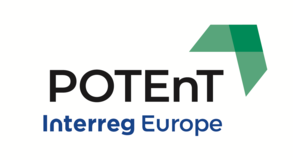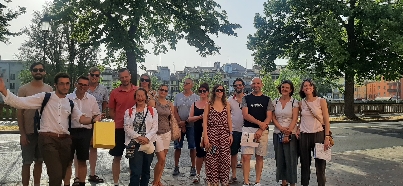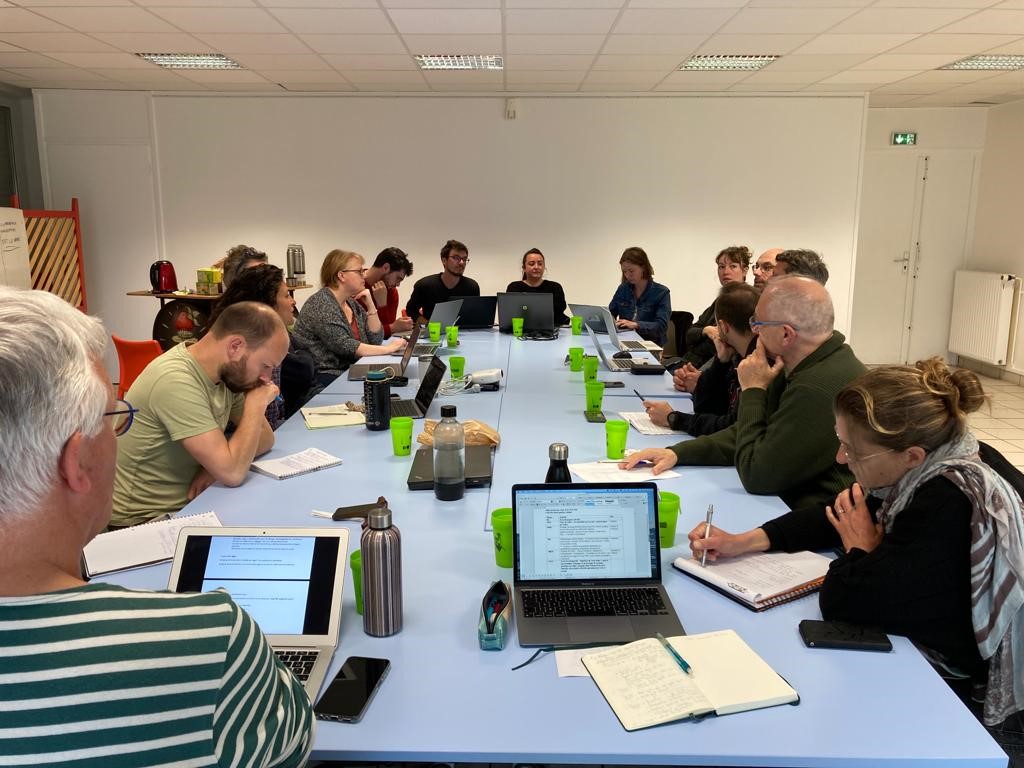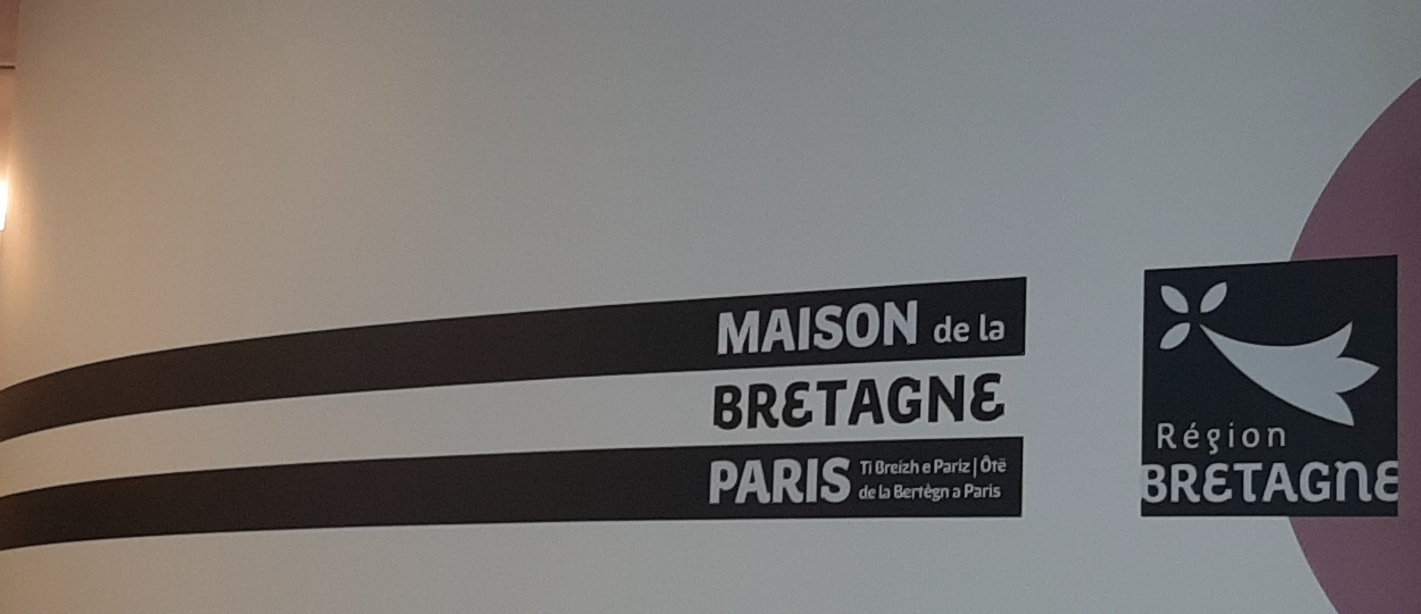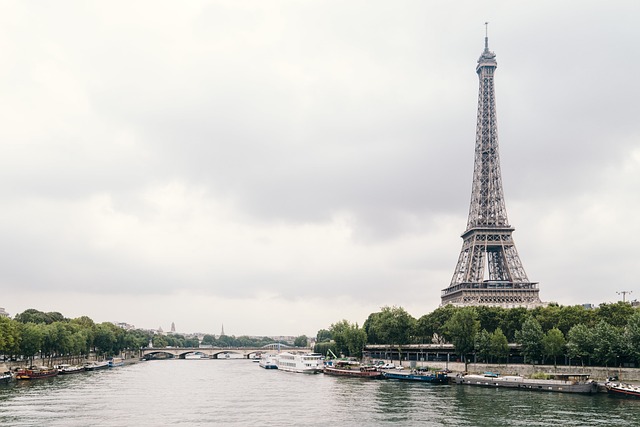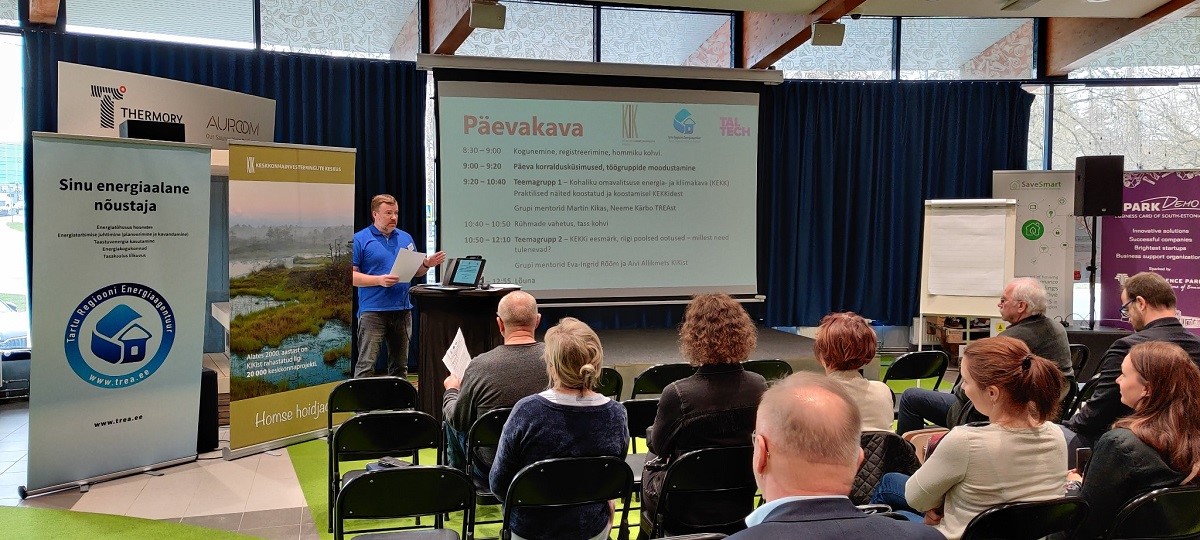Positive Energy Districts and energy communities are now a catchy topic in the whole EU. Two weeks ago, two Italian cities shared their experience in front of an international audience. The municipalities of Milano and Parma presented their recent plans and project regarding PEDs, with special attention to energy communities and the engagement of utilities.
The event took place on Tuesday 16th March and was organized by JPI Urban Europe, a European consortium of national experts on sustainable urban regeneration, together with ENEA, the Italian National Agency for New Technologies and Sustainable Development.
Approximately 20 participants, coming from research institutions and municipalities, were present. Paola Clerici Maestosi, Senior Researcher at ENEA, and Christopher Gollner, PED Program Manager at JPI Urban Europe moderated the event.
After a short introduction about PEDs, the two hosts were presented: Piero Pelizzaro, the Chief Resilient officer of the City of Milano, and Enzo Bertolotti, Energy Manager of the City of Parma. The former broke the ice and started the webinar.

The municipality of Milano is committed to fighting energy poverty by every means. This is why energy communities are so important nowadays. Big are the efforts of the Italian national government to anticipate the European directive on energy communities REDII. In this framework, Milano activated several mechanisms to facilitate the transition towards energy communities. One of these is NRG2peer, a network providing tools and knowledge to allow the exchange of energy within the community.
Boosting energy efficiency in buildings is also crucial to sharply cut off CO2 emissions (eq.). With this intent, since 2015 Milano is part of the H2020 project Sharing Cities, aiming at sharing best practices and developing innovative approaches to foster building retrofitting.
Ultimately, the Chiaravalle district was presented, a high-efficiency village located in the countryside of Milan, on the southern outskirts of the city. This suburban fraction of the city relies on a thermal system producing domestic hot water through heat pumps, and on a domestic thermal ventilation system charged by solar panels. Premises for an energy community in this area, among others, are present.

"Parma municipality identified several areas eligible for PEDs" stated Enzo Bertolotti, Parma’s Energy Manager, starting the second part of the presentation. As in the agenda, Parma’s representative showed the municipality’s engagement of utilities to boost urban regeneration.
Looking at the city’s structure, it is essential to find districts matching PED requirements such as a variety of patterns of energy consumptions, industries, the presence of transformation cabinets, and the presence of a district heating network.
Three are the areas matching these characteristics in Parma. One of them, corresponding to the Campus area, located in the southern part of the city, was the subject of a feasibility study to transform it into a district with a positive energy balance produced by renewables. In this project, the partially-owned municipal company Iren SpA, managing public services in the area, helped with the project design and study.
Subsequently, Parma exposed the project MAS, created in response to a national call, that aims to refurbish public and social residential buildings in parallel to the renovation of the surrounding green areas. MAS has an overall budget corresponding to approximately 20 million euros, and represents a stepping stone towards carbon neutrality. For what concerns the feasibility study, the partnership with Siram-Veolia, an energy company partnering with the city also in other EU-funded projects, was critical.
Engagement strategies and means of the two Italian cities raised many questions from participants. City administrations, utilities and citizens are now protagonists in the path towards smart cities. It is a difficult path that requires an integrated and holistic approach involving as many competencies and participation as possible. But one thing is sure, Italy is on board.
